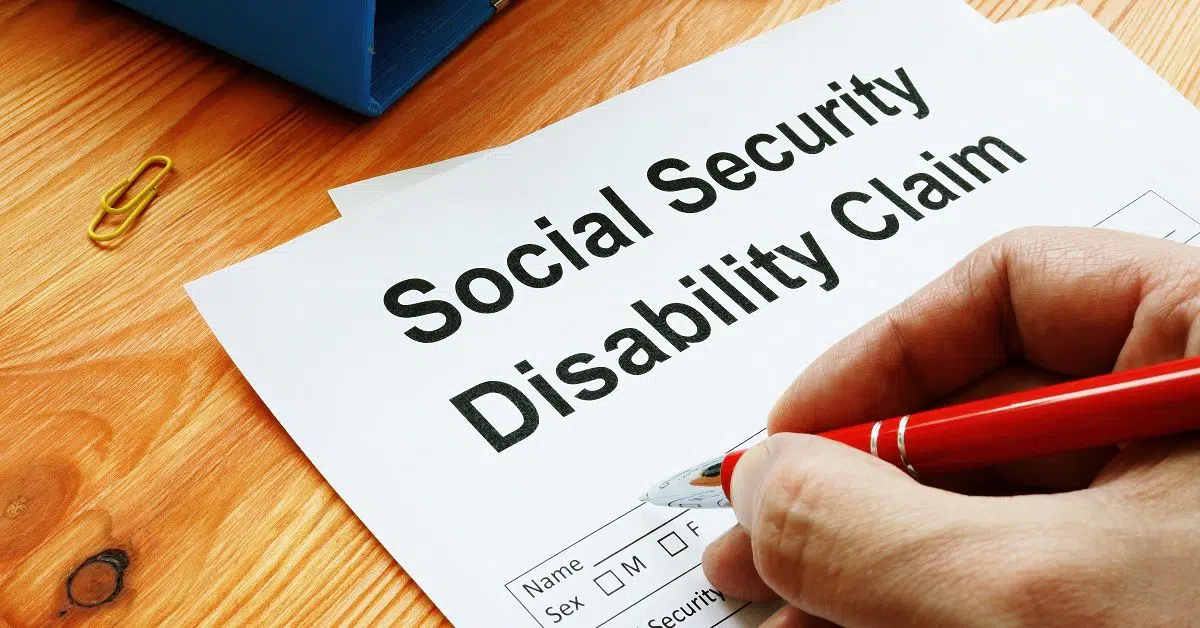
Suffering an injury or illness that leaves you unable to work is overwhelming. In addition to the pain and limitations you might face because of your condition, one of the biggest concerns is how you will support yourself and your family.
If you find yourself in this unfortunate situation, you may be eligible for Social Security Disability Insurance benefits, or SSDI benefits. These benefits are provided by the U.S. Social Security Administration to qualified workers who are unable to work because of a permanent disability.
Applying for SSDI benefits can be very frustrating, and most first-time claims are denied. An experienced Social Security Disability attorney can help you complete your application and appeal the decision in the event of a denial.
For assistance with your disability claim, please call the Karl Truman Law Office at (502) 222-2222 in and around Louisville, Kentucky, or (812) 282-8500 in and around Jeffersonville, Indiana. Your initial consultation is free.
Broadly speaking, your eligibility for benefits under SSDI is based on two factors: 1. Your disability, and 2. How much you have worked.
SSDI benefits are available for those who have been unable to work for a year or more, or are expected to be unable to work for a minimum of 1 year, due to a disability. The Social Security Administration (SSA) maintains a listing of impairments that provides guidelines on conditions that are considered disabilities.
Impairments are divided into the following 14 categories:
Conditions in each category are accompanied by extensive diagnostic criteria used to determine if an impairment qualifies as a disability (and, therefore, disability benefits). The SSA will also evaluate the severity of your impairment, its impact on your prior job responsibilities, and your ability to do other work in determining your eligibility for benefits.
In addition to meeting the requirements for a disability, to qualify for benefits you must meet certain thresholds for recent employment and Social Security tax contributions. The SSA uses a credit system to determine eligibility.
Basically, you build credits by paying Social Security tax on your earned wages. Most employees have Social Security tax withheld directly from their paycheck. Depending on how much of your annual income is taxable by Social Security, you can earn a maximum of 4 credits in a year.
Your age at the time of disability will determine how many credits you need to qualify for SSDI benefits. The number of credits you need to qualify increases with age.
If you qualify for SSDI, you will receive a monthly benefit. The amount of your benefit is calculated using a complex formula that averages your monthly earnings over the years you have worked to determine how much you have paid into Social Security.
Multiple websites provide online calculators to help you see how much you may be able to receive in SSDI benefits, but these tools ultimately provide only a superficial estimate. The calculations performed by the SSA are much more robust. An experienced SSDI attorney can help you with these calculations to determine how much you may be eligible to receive in monthly benefits.
Your monthly SSDI benefit may be reduced if you receive benefits from other sources. This includes programs such as public assistance, veterans’ disability benefits, and more.
In addition, it is possible to continue working while receiving SSDI benefits. However, you may lose your benefits if your income exceeds certain thresholds established by the SSA.
Members of your family who were financially dependent on your income prior to your disability may also be eligible for benefits through SSDI. These are known as auxiliary benefits.
Auxiliary benefits may be available for the following family members:
The monthly benefits available for family members are calculated based on the worker’s monthly earnings and the amount that has been paid in Social Security taxes.
As you can see, applying for Social Security Disability Insurance benefits is complicated. In fact, 70 percent of SSDI benefits claims are denied. When you are already facing the challenges of physical or mental impairment and the inability to work as a result, having your benefits claim denied can be a major blow.
Attorneys at the Karl Truman Law Office have extensive experience helping clients with disability benefits claims. Our lawyers know the claim process and how the SSA administers benefits, and we can advise you whether you are filing a claim for the first time or appealing a denial.
For a free review of your SSDI claim, please contact the Karl Truman Law Office. We serve clients in and around Louisville, Kentucky (call (502) 222-2222), and Jeffersonville, Indiana (call (812) 282-8500).